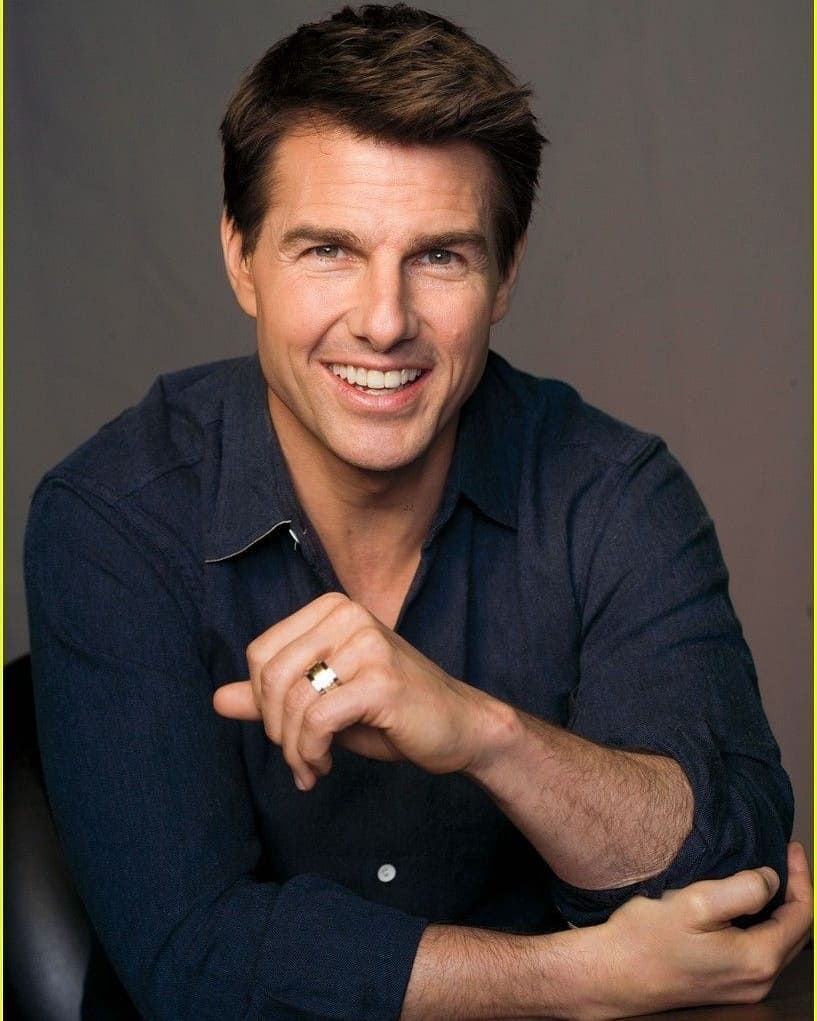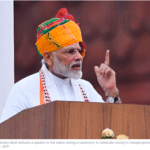In the midst of growing concerns among Hollywood actors about being replaced by AI-generated versions of themselves, Tom Cruise, the renowned star of the Mission: Impossible franchise, stepped up to lead negotiations with major film and TV studios on behalf of SAG-AFTRA members.
The Screen Actors Guild-American Federation of Television and Radio Artists (SAG-AFTRA) represents around 160,000 members, including Hollywood’s stunt performers. With the advent of generative AI technology in the entertainment industry, actors have expressed worries about the potential replacement of their performances with digital counterparts.
During the negotiation sessions with studios and streaming services, SAG-AFTRA presented several proposals aimed at establishing stricter guidelines to protect performers’ interests. The union seeks to ensure that actors give their consent and receive fair compensation when their performances are incorporated into AI-generated content.
Tom Cruise, known for his passion for the craft and dedication to the film industry, played a key role in addressing these concerns and advocating for actors’ rights during the negotiations. He also expressed support for Hollywood’s stunt performers, highlighting the importance of their contributions to the industry.
In a significant move, Cruise urged SAG-AFTRA to reconsider its rules restricting actors from promoting movies backed by major studios during the pre-strike negotiations. The Covid-19 pandemic’s impact on theaters has added further complexity to the situation, prompting actors to advocate for promotional opportunities to help support the struggling film exhibition sector.
Despite Tom Cruise’s involvement and dedication, the negotiations between SAG-AFTRA and the Alliance of Motion Picture and Television Producers (AMPTP) ultimately failed to reach a resolution. As a result, actors joined writers on the picket lines, leading to the shutdown or delay of various productions, including “Mission: Impossible 8.”
The issue of AI-generated content raises complex questions about the future of the entertainment industry and the rights of performers. As technology advances, the boundary between reality and digital creations blurs, posing ethical and legal challenges for actors and the entire film community.
The involvement of A-list actors like Tom Cruise in leading negotiations demonstrates the seriousness of the issue and the importance of protecting actors’ creative contributions and livelihoods. The conversations around generative AI technology will likely continue as the industry grapples with finding a balance between innovation and safeguarding actors’ rights.
As AI technology continues to evolve and become more prevalent in filmmaking, it is crucial for industry stakeholders, unions, and policymakers to collaborate and develop clear guidelines to ensure the ethical and equitable use of AI-generated content. Protecting the interests of actors and other creatives will be essential in shaping the future landscape of the entertainment industry.
Tom Cruise’s involvement in the talks with major studios highlights the growing concerns among Hollywood actors about the impact of AI-generated content on their careers. As negotiations between SAG-AFTRA and studios continue, the industry faces important discussions about the ethical and legal implications of using generative AI in filmmaking. Balancing technological advancements with safeguarding actors’ rights will be crucial in shaping the future of the entertainment industry.














